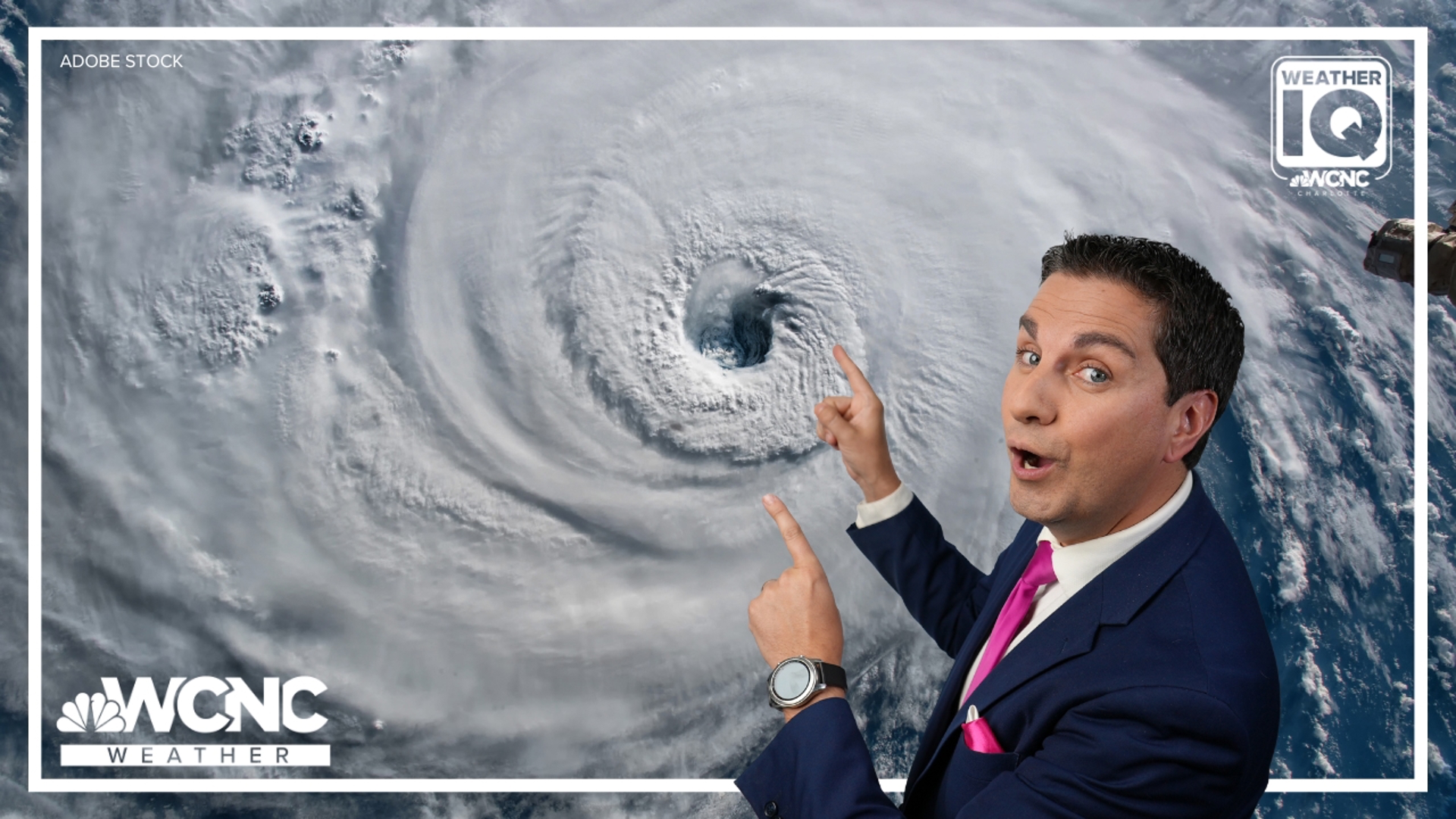CHARLOTTE, N.C. — These are the terms you need to know this Atlantic Hurricane Season to understand the life cycle of a storm.
Tropical disturbance
This is simply an area of thunderstorms in the tropics that has “some” organization. It may be the result of a tropical wave. If this area requires additional monitoring, it may become an invest.
Invest
An invest is short for “investigation area.” This is an area where a weather disturbance is being watched by forecasters and computer models. In the Atlantic Ocean, the first investigation area will be INVEST 90L. This number counts up to 99L before repeating back to 90L.
Potential Tropical Cyclone
Special rules are in place whenever a tropical disturbance is expected to both strengthen and make landfall within 48 hours. If that area, which is likely also being watched as an invest, is expected to bring impacts of tropical storm or hurricane within the time period, it will adopt a new name: a potential tropical cyclone.
For the latest weather alerts, download the WCNC Charlotte mobile app and enable push notifications.
The National Hurricane Center started naming PTCs in 2017. The naming allows them to issue advisories on storms earlier than waiting for the storm to officially strengthen.
A potential tropical cyclone will receive the identity of a number.
Tropical depression

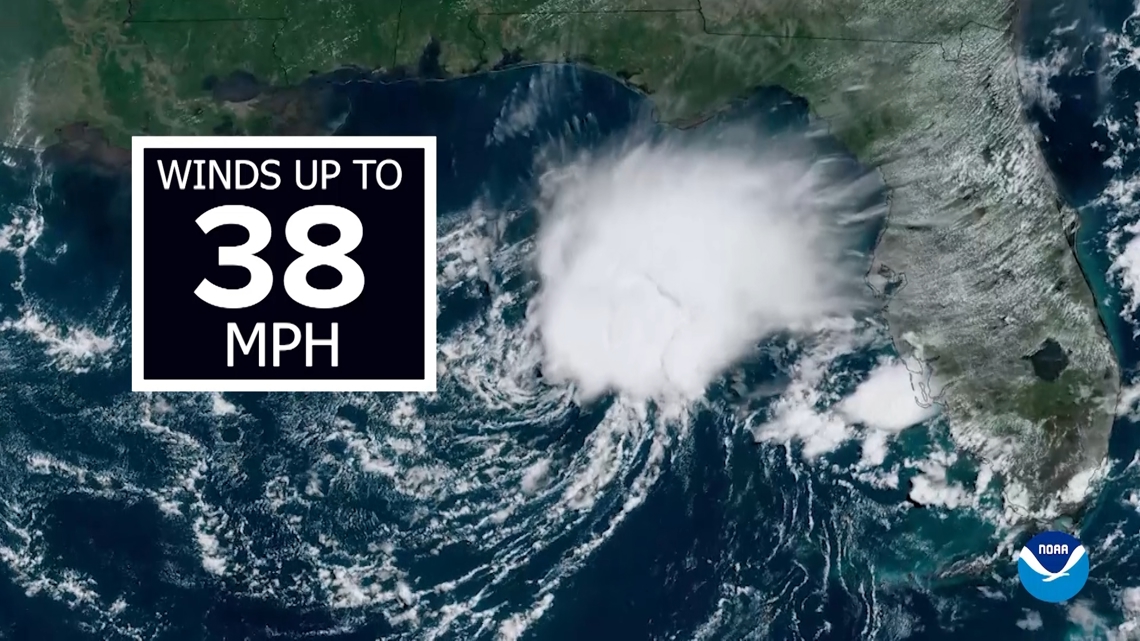
A tropical depression has officially formed when:
- A disturbance is a rotating area a central point.
- That central point, the surface low pressure, is closed off from the area around it. (If this is not visible on satellite, the area will also be considered "closed off" if meteorologists can draw an enclosed isobar around the system on a surface map.)
- Has sustained wind speeds not exceeding 38 mph.
Tropical depressions receive an identity as a number.
Tropical storm

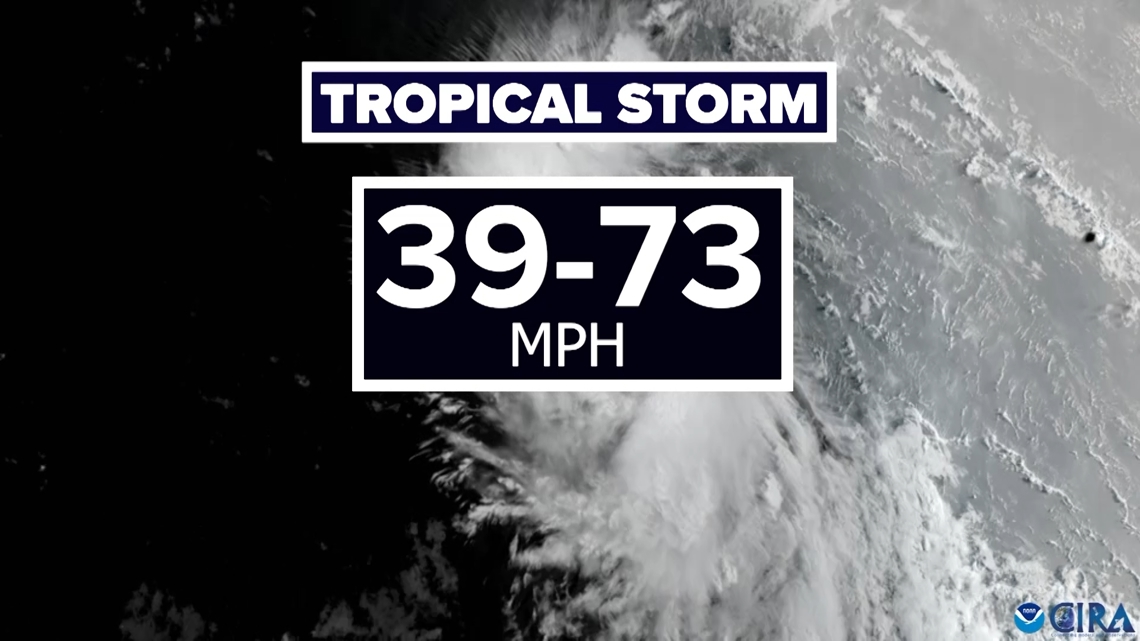
As this low-pressure circulation becomes faster and tighter, so do the sustained winds. Once those winds are at least 39 mph, a tropical storm is named. Tropical storms winds range from 39-73 mph.
A tropical storm is the first time the storm usually receives a name from the predetermined list of alphabetized names each season.
Hurricane

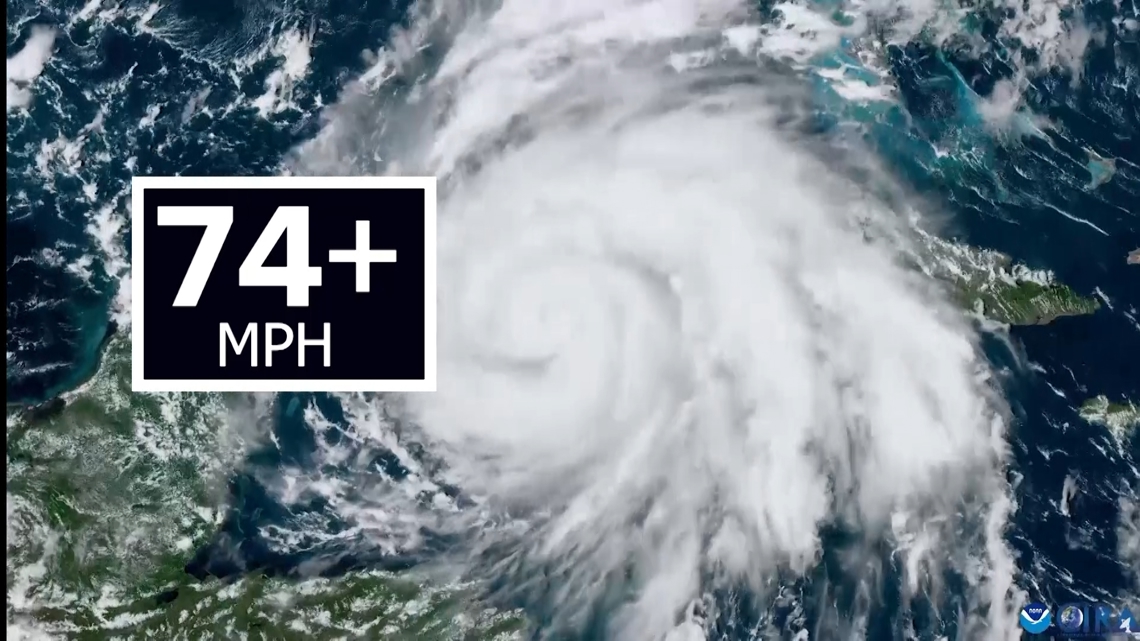
When winds are 74 mph or greater, a hurricane is born. A hurricane is graded on the Saffir-Simpson Scale.
Hurricanes are broken into five categories based on wind strength.

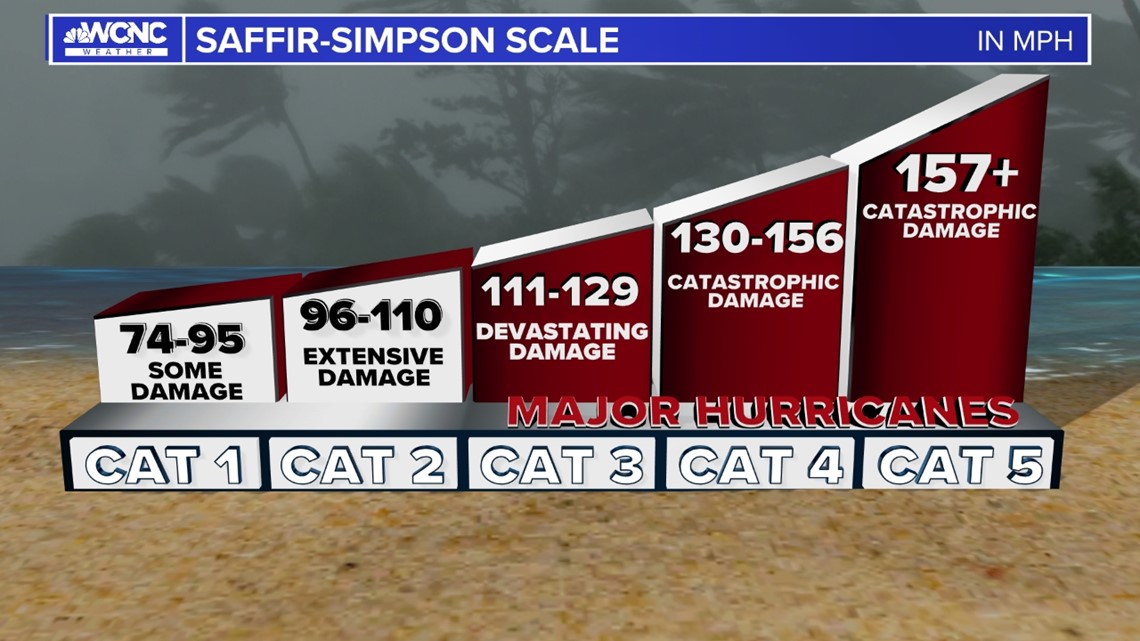
Major hurricane
Once a hurricane reaches category 3 with winds of at least 111 mph, it is considered a major hurricane.
Post-Tropical Cyclone
Once a storm weakens it becomes a post-tropical cyclone. Under that umbrella, the storm can be referred to as either a remnant low, where when winds are less than 39 mph, or an extra-tropical cyclone, which can still have up to hurricane-force winds but may no longer have other tropical characteristics.
A footnote
The real world is not always linear. A storm can potentially skip ahead to any of these stages regardless of whether it officially spent time in the previous steps. This happened in 2020 when Tropical Storm Bertha formed without ever being a tropical depression or classification of lower stature.
Contact Chris Mulcahy at cmulcahy@wcnc.com and follow him on Facebook, X, Instagram and TikTok if you have any Weather IQ questions that could turn into our next segment.
WCNC Charlotte’s Weather IQ YouTube channel gives detailed explainers from the WCNC Charlotte weather meteorologists to help you learn and understand weather, climate and science. Watch previous stories where you can raise your Weather IQ in the YouTube playlist below and subscribe to get updated when new videos are uploaded.

